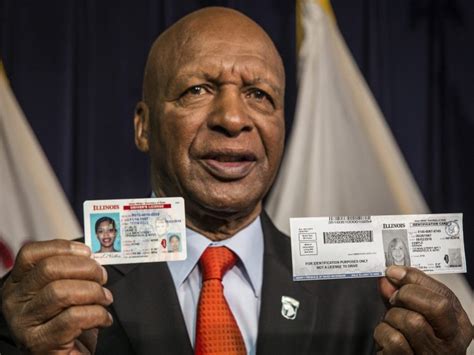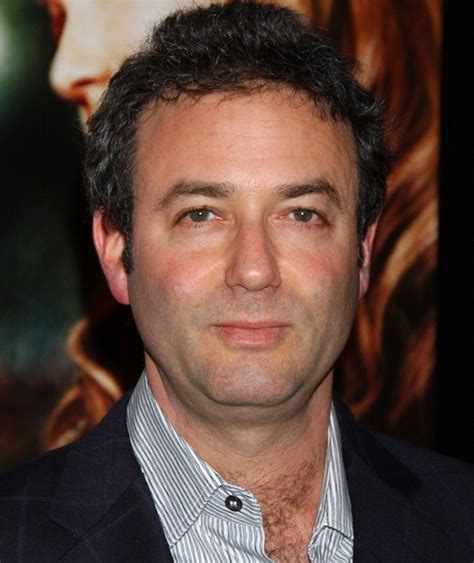A Quote by Dick Bruna
When I make a book, I make it for the child and not for the parent - no jokes in it for the parents!
Related Quotes
Training moments occur when both parents and children do their jobs. The parent's job is to make the rule. The child's job is to break the rule. The parent then corrects and disciplines. The child breaks the rule again, and the parent manages the consequences and empathy that then turn the rule into reality and internal structure for the child.
Compared to other parents, remarried parents seem more desirous of their child's approval, more alert to the child's emotional state, and more sensitive in their parent-child relations. Perhaps this is the result of heightened empathy for the child's suffering, perhaps it is a guilt reaction; in either case, it gives the child a potent weapon--the power to disrupt the new household and come between parent and the new spouse.
When we make jokes about being lazy, or things that look like we're lazy parents, we don't want to make it appear like we're not also incredibly hardworking people when it comes to striving at our vocational things. I do think it's a conversation, but a lot of times, you make sacrifices for the sake of jokes, or for the sake of a scene.
One of the most effective strategies to make your child more self-control is the weekly giving of allowance or pocket money as an opportunity for parents to teach self-control and model self-control. So rather than just handing the child the money and leaving it at that, the parent hands them a modest amount that has to be managed through the week, sits with the child and takes the time to anticipate what's going to be coming up next week, what the child would like to do and helps them to make choices and understand the limited amount of money they have.
Conscious parenting is a new paradign shift in the way we look at our roles as parents. It's turning the spot light away from fixing the child and managing the child, obsession with all things that have to do with the child and the child centric approach and really focusing on the evolution of the parent. It about fully understanding that unless the parent has raised themselves to a certain level of emotional integration and maturity, they will really not be able to do true service to the child's spirit.
People have a comic bent or an angularity to their thinking, and those are the people who make jokes. And it's usually people who were in an environment, when they were young, where jokes were at a premium, or at least considered important to a life. My parents always listened to the comedy radio shows, we went to the comedy movies, and my parents appreciated comedy. So kids listen and follow what their parents like.
A conscious parent is not one who seeks to fix her child or seek to produce or create the 'perfect' child. This is not about perfection. The conscious parent understands that is journey has been undertaken, this child has been called forth to 'raise the parent' itself. To show the parent where the parent has yet to grow. This is why we call our children into our lives.
I tried to be the greatest boxer in the world and a good parent, too. I had instant feedback on my success as a boxer. Often, parents don't really know if what they are doing is right or wrong until their child is grown and it is too late to change any of the decisions. Whatever my failings as a parent, I am very proud of all my children. It wasn't easy for them to make their own way with such a controversial and public father.
There's been nothing proven that violence in video games has an impact. As a parent though, and I'm a parent for a 20-year-old, for a 16-year-old and for a 10-year-old, and so, you know, I make choices everyday for my kids as to what games I think is appropriate for them to play. And, you know, in the end it's up to the parents, it's up to the gamers themselves working with their parents, if they're under 21, to make the smartest choice for the games they play.







































